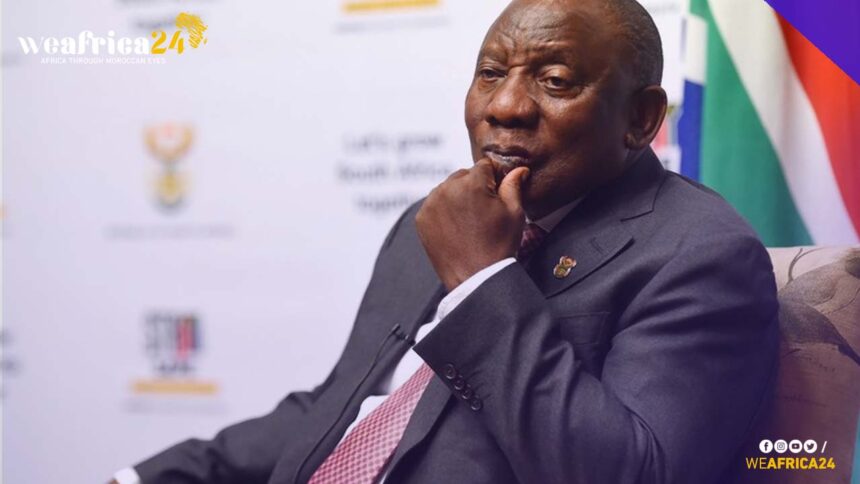In a much-anticipated report, the Public Protector has absolved President Cyril Ramaphosa of any wrongdoing in the Phala Phala scandal. Acting Public Protector Kholeka Gcaleka found no conflict of interest, no abuse of power, and no evidence that the president received remuneration from the farm. However, Gcaleka did uncover improper conduct by Major General Wally Rhoode, the head of the Presidential Protection Service.
During a media briefing, Gcaleka addressed the allegations against Ramaphosa, including whether he mishandled the burglary incident at the Limpopo farm. The president reported the burglary to Rhoode, who conducted his unauthorized investigation. Gcaleka’s investigation found that Ramaphosa was not involved in the day-to-day operations of the farm and received no financial compensation from it. While evidence suggested some level of involvement in farm management, it did not indicate active paid work.
Gcaleka dismissed allegations of a conflict of interest between Ramaphosa’s duties as president and his farming interests. She found no evidence to support such claims. Additionally, there was no proof that Ramaphosa abused his powers or ordered Rhoode to investigate the theft. However, Gcaleka deemed Rhoode’s actions improper, as he conducted an unauthorized investigation into the burglary.
As part of her recommendations, Gcaleka called on Police Minister Bheki Cele to address the findings of maladministration and improper conduct by the South African Police Service (SAPS) officers attached to the Presidential Protection Service.
The report did not investigate tax matters or foreign exchange control regulations, which fall under the jurisdiction of the South African Revenue Service (SARS) and the South African Reserve Bank (SARB). The Hawks investigation will also examine whether Ramaphosa correctly reported the burglary by the Prevention and Combating of Corrupt Activities Act (Precca).







